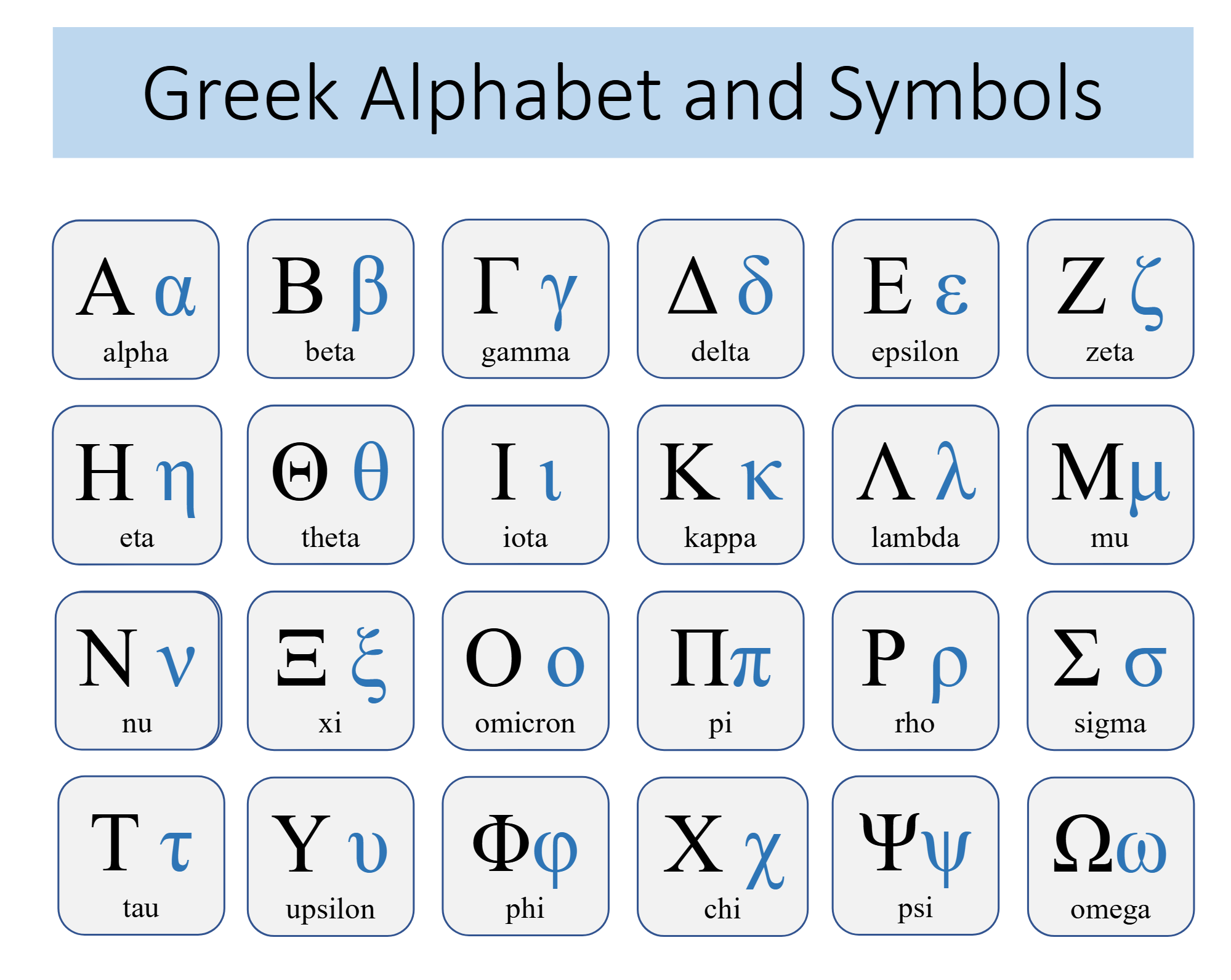Have you ever stopped to think about what makes certain places and their ways of speaking so unique? It's really something to ponder, how words and where people live can shape so much.
When we hear about a place like Greece, a lot of things might come to mind, you know, maybe ancient stories or beautiful islands. But there's also, like, a less talked about side to things, a kind of hidden story, that's just a little bit different from what you might expect. It's not always about the obvious stuff, is that right?
So, today, we are going to talk a bit about some things connected to Greece, and how its language and even its land have shaped a very particular kind of story, perhaps even one that brings to mind, you know, whispers of what some might call the "Greek Mafia" in a very, very broad sense, by looking at the foundations of the place itself.
Table of Contents
- What is the Language of the Greek Mafia?
- Where Does the Greek Mafia Operate?
- The Written Word and the Greek Mafia's History
- How Many People Speak the Language Connected to the Greek Mafia?
- Everyday Use of Greek Letters and the Greek Mafia
- Learning the Basics for Understanding the Greek Mafia
- A Look Back at the Language's Changes for the Greek Mafia
- The Lay of the Land and the Greek Mafia's Reach
What is the Language of the Greek Mafia?
When we talk about the way people communicate in Greece, it's actually part of a much bigger family of ways of speaking, you know, a very widespread group that spans across a huge area. This particular way of speaking, what we call Greek, it stands alone, really, in its own spot within that large family. It's got its own special place, kind of doing its own thing, in a way, without being a part of any smaller group right now, so it's a bit unique in that regard.
The way people speak Greek today, which some call Modern Greek, is pronounced in a certain way, sounding like "Elliniká." There's also the older form, what we call Ancient Greek, and that had its own sound too, pronounced something like "Hellēnikḗ." These are both part of the same long line of speech, yet they show how things change over a very, very long stretch of time. It's quite interesting, actually, how a language can keep its core while changing its sound over many, many years.
So, you see, this language, the one that people speak in Greece, is a sort of independent branch, a unique offshoot, within that large family of Indo-European tongues. It doesn't really have any very close relatives that are still spoken today, which makes it, in some respects, quite special. It just sort of exists on its own, a very distinct form of communication that has been around for a very, very long time, and that's something to think about when we consider the background of, say, the "Greek Mafia" and how they might communicate.
- Love Island With Rob
- Tyler Cruise Pornstar Age
- Highest Crowd In Live Concert In World
- Elisabeth Chalier
- Hocus Pocus 3 Release Date
Where Does the Greek Mafia Operate?
Greece, the official name for which is the Hellenic Republic, is a nation found in the southeast part of Europe. It's a place that sits right on the southern tip of a landmass called the Balkan Peninsula. So, it's in a rather important spot, geographically speaking, and that's something to keep in mind, you know, when thinking about any kind of operations, even those that might be associated with the "Greek Mafia."
This nation shares its land borders with a few other places. To the northwest, for example, it has a shared boundary with a country called Albania. This means there are direct connections over land, which can be pretty significant for, well, just about anything, including movements and interactions that might be part of, like your, less formal groups. It’s a very, very connected area, in a way, with lots of ways to move between places.
Being positioned in this part of Europe means Greece has certain ties to its neighbors. It's not just an island nation; it's deeply connected to the landmass of the continent. This connection, you know, can play a big part in how things work, how people move around, and how various groups, even those whispered about as the "Greek Mafia," might establish their presence and influence across a wider area. It’s pretty clear, actually, that location matters a great deal.
The Written Word and the Greek Mafia's History
The way the Greek language is written, its set of symbols, has been around for a very, very long time. People have been using this collection of signs since about 900 years before the common era, which is, you know, a truly ancient period. It's been the tool for putting down thoughts and words in the Greek language for many, many centuries, and that’s a pretty big deal when you think about it.
What's really quite remarkable about this particular writing system is that it was, as a matter of fact, the very first one to use a separate mark for each sound that's made with the mouth open, like 'a' or 'e', and also a separate mark for each sound made with the mouth closed or partly closed, like 'b' or 't'. This was a huge step forward in writing, making it, arguably, much clearer and easier to learn than earlier systems. It set a new standard, you know, for how written language could work.
Because of this innovative approach, it stands as the most ancient set of writing marks that truly functions as an alphabet, meaning it has distinct symbols for both kinds of sounds. This makes it a very, very important piece of human history, showing how people started to put their spoken words down on paper in a truly organized way. It’s pretty much the foundation for many other writing systems that came later, and that connection is something to consider when looking at the deep roots of anything tied to Greek culture, even, say, the history that might be linked to the "Greek Mafia."
How Many People Speak the Language Connected to the Greek Mafia?
The Greek language, in its present-day form, holds a very important place in the modern world. It is the official way of speaking for the nation of Greece itself, and also for the island country of Cyprus. So, it has a dual role, you know, serving as the main form of communication for two different places. This means it’s pretty widely used in those areas, as a matter of fact, for everything from daily chats to government business.
Beyond that, it's also recognized as one of the many official ways of speaking within the European Union, which is a very, very large group of countries working together. This gives it a broader reach, making it a language that can be heard and used in important international settings. It's not just confined to its home countries, which is, you know, pretty cool when you think about it.
As for how many people actually use it, well, at least thirteen and a half million individuals speak it today. Most of these speakers are found within Greece itself. That's a lot of people, really, communicating in this ancient yet still very much alive tongue. This wide number of speakers means the language is a truly living thing, passed down through families and communities, and that sort of widespread use is something to think about when considering the reach of any group, perhaps even those connected to the "Greek Mafia," and how they might share information.
Everyday Use of Greek Letters and the Greek Mafia
The marks that make up the Greek alphabet are still very much in use today, not just for writing the way people speak in Greece now. They also serve as symbols in other fields, like numbers and science. So, you know, these letters have a double life, in a way, doing work in both everyday talk and very specialized subjects. It's pretty interesting, actually, how old symbols can still be so very useful in modern times.
The Greek alphabet, as a system, has its beginnings in an even older set of writing marks, one called the Phoenician alphabet. So, it didn't just appear out of nowhere; it built upon something that came before it. This connection shows how ideas about writing can travel and change over time, passing from one group of people to another. It's a bit like a family tree for writing, you know, with branches going in different directions.
And then, in turn, this Greek alphabet went on to give rise to other writing systems, like the Gothic alphabet. So, it was a stepping stone, a very important link in the chain of how writing developed across different cultures. This kind of influence, this spreading of an idea, is something that has a very, very broad impact, shaping how people communicate across many different groups, perhaps even those that some might associate with the "Greek Mafia," showing how communication systems can evolve and spread.
Learning the Basics for Understanding the Greek Mafia
If you're thinking about getting started with the basics of the Greek language, there's quite a bit of helpful information out there. For instance, in an article meant for people just starting out with Greek, you can discover all the main things you need to know about the Greek alphabet. It's pretty much a complete guide, you know, covering the very first steps in learning to read and write in Greek. It just gives you a solid foundation, which is quite useful.
Such resources often include some very practical words that you'll find helpful right away. For example, some guides might give you a list of twenty Greek words that are really good to know for everyday situations. These are the kinds of words that can help you get by, to be honest, and start to feel a little more comfortable with the language. It’s like getting a little starter kit for speaking, which is very handy for anyone interested in the culture, or even, you know, understanding the very subtle nuances that might be part of the communication within certain groups, like those sometimes called the "Greek Mafia."
So, finding a good guide that lays out the alphabet clearly and offers some useful words is a great way to begin. It breaks down what might seem like a big task into smaller, more manageable pieces. This approach helps people feel more confident as they learn, making the whole process a lot less intimidating, and that's, like, a really good thing for anyone trying to pick up a new way of speaking.
A Look Back at the Language's Changes for the Greek Mafia
To truly get a sense of the Greek language, it helps to look at its past, you know, how it has changed and grown over time. There's a sort of brief story of the Greek language that can help us grasp these shifts and how it has developed. It's pretty much a living thing, a language, and it keeps on changing, just like everything else. So, seeing its journey helps us see where it is now.
The way people speak Greek today, what we call Modern Greek, is actually a direct descendant of the language spoken in ancient times. It’s like a child growing up from a parent, carrying on many of the features but also developing its own new ones. This means there's a very, very strong link between the old and the new, a continuous thread of communication stretching back centuries. It’s quite remarkable, really, how a language can maintain its identity over such a long period.
This modern form of Greek is also connected to a specific part of the broader Greek language family. It's affiliated with a particular branch, showing its lineage and where it fits in the larger scheme of things. This connection helps us trace its roots and understand its unique characteristics. It’s a bit like understanding a family's history to know who they are today, and that kind of deep historical connection can be very interesting when considering the background of anything truly Greek, perhaps even the long-standing, if often unseen, connections that might be associated with the "Greek Mafia."
The Lay of the Land and the Greek Mafia's Reach
When you want to truly grasp the basics of the Greek language, a good comprehensive guide can be a real help. It can lay out all the fundamental ideas, giving you a solid grasp of how the language works. It’s like getting a complete picture, you know, so you don't miss any of the important pieces. This sort of thorough approach is often the best way to learn anything new, and that's pretty clear.
Beyond the language itself, Greece as a country has some truly striking features. It has the very longest coastline in the entire Mediterranean area, which is pretty impressive. This coastline stretches out for thousands of islands and includes nine traditional geographic areas. So, it's not just a single piece of land; it's a vast collection of islands and different regions, each with its own character. This very spread-out nature of the land, you know, can have a big impact on how things work, including how various groups, perhaps even those called the "Greek Mafia," might operate across such a diverse landscape.
And as for the people who live there, Greece has a population of more than ten million individuals. That's a significant number of people living across all those islands and mainland areas. This population, spread across such a vast and varied geography, means there's a lot of interaction and movement, and that's something to think about when considering the social fabric of the country. It’s pretty much a place with a lot of connections, both by land and by sea, which is, you know, quite a lot to consider.
Related Resources:



Detail Author:
- Name : Dr. Myron Pollich PhD
- Username : cristobal69
- Email : virginie.hirthe@gmail.com
- Birthdate : 2000-03-11
- Address : 3226 Gusikowski Causeway Apt. 237 Mertztown, PA 96690-4942
- Phone : +1.986.991.3878
- Company : Stehr Ltd
- Job : Oil and gas Operator
- Bio : Assumenda ut rerum accusamus aut maxime. Corrupti exercitationem aut necessitatibus illo architecto aut. Consequatur minus quas nihil tenetur fuga sed nesciunt.
Socials
facebook:
- url : https://facebook.com/melyssa_willms
- username : melyssa_willms
- bio : Aspernatur eos ex animi vitae tenetur soluta rerum. Et et qui veniam fugiat.
- followers : 6580
- following : 2274
twitter:
- url : https://twitter.com/melyssa_willms
- username : melyssa_willms
- bio : Inventore dicta molestiae aut nostrum quae nihil. Ut explicabo et sint impedit unde. Et accusamus quae inventore.
- followers : 1342
- following : 543
tiktok:
- url : https://tiktok.com/@melyssa_willms
- username : melyssa_willms
- bio : Exercitationem sed ea iure consequatur maiores quis.
- followers : 4849
- following : 2498
instagram:
- url : https://instagram.com/melyssa_xx
- username : melyssa_xx
- bio : Labore magnam fugit labore qui illum vero sed. Et rerum non et. Qui iste iste sunt odio.
- followers : 448
- following : 992